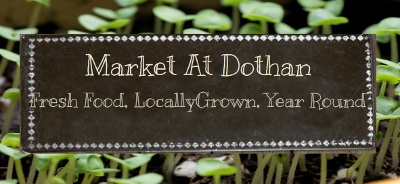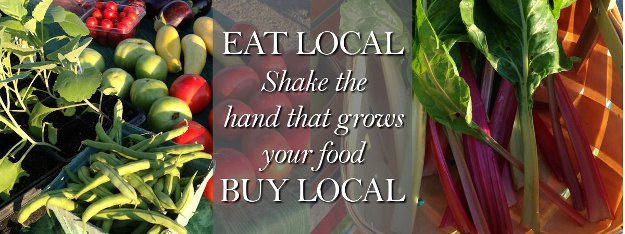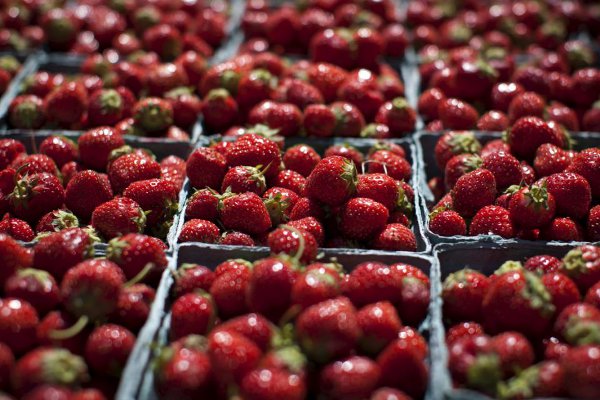The Weblog

Our goal is 100% Customer Satisfaction…comments, questions or concerns always welcome!
www.Facebook.com/MarketAtDothan

April 16, 2016 - The Market is OPEN
Mid April Market Update

You’ll Find Us . . .
Our Website: marketatdothan.locallygrown.net
Our Email: marketatdothan@gmail.com
On Facebook: www.facebook.com/MarketatDothan
For Friday Pickup: Dothan Nurseries, 1300 Montgomery Highway, Dothan, AL 36303
This Week at the Market


SANDSPUR FARMS – Pork was RESTOCKED last week. Thank you for your support. Please check beef quantities as we are working hard to restock it. Once again, thank you for your continued support of our family farm. Be sure and like us on Facebook if you have not already.
Your SUSTAINABLE Market

Many foods commonly consumed in the U.S. are valuable sources of antioxidants. But researchers have recently ranked the 50 best antioxidant sources among commonly eaten foods and found strawberries to be quite exceptional. When total antioxidant capacity was measured against a uniform amount of food (100 grams, or about 3.5 ounces), strawberries ranked 27th best among U.S. foods. In addition, when only fruits were considered, strawberries came out 4th among all fruits (behind blackberries, cranberries, and raspberries). However, since many foods (for example, spices and seasonings) are seldom consumed in amounts as large as 3.5 ounces, researchers also looked at common serving sizes for all foods and their total antioxidant capacity. In this evaluation based on common serving sizes, strawberries came out 3rd among all U.S. foods including spices, seasonings, fruits, and vegetables! (In this analysis based on serving size, only blackberries and walnuts scored higher in total antioxidant capacity.) When we hear the word “strawberry,” we might think about a very commonplace fruit. But the antioxidant capacity of strawberry is anything but common! Ooptimal strawberry ripeness can be judged by color. You’ll want to consume your strawberries when their amazing pinkish-red color is most vibrant and rich in luster.
On the down side, strawberries have officially replaced apples as the most pesticide-ridden produce. According to the 2016 Environmental Working Group’s (EWG) Shopper’s Guide, nearly all “conventional” strawberry samples—about 98%—tested by federal officials had detectable pesticide residues. In addition to that, 40% of all strawberries had residues of 10 or more pesticides detected.
“It is startling to see how heavily strawberries are contaminated with residues of hazardous pesticides, but even more shocking is that these residues don’t violate the weak U.S. laws and regulations on pesticides in food,” said Sonya Lunder, EWG Senior Analyst. Some of the chemicals detected on strawberries are linked to cancer, reproductive and developmental damage, hormone disruption and neurological problems according to the nonprofit environmental research organization. Strawberries were once a seasonal crop, but with the heavy use of pesticides, yields grew stretching the fruit’s growing season.
EWG created the Dirty Dozen list to inform and guide consumers on the top twelves fruits and vegetables with the highest pesticide loads.On the other hand, avocados remain at the top of EWG’s Clean Fifteen, with less than one percent of samples showing any detectable pesticides. “Fruits and vegetables are important for your health,” says Lunder. “But for those on the Dirty Dozen, we recommend buying the organic versions if you want to avoid pesticides on your food.”
EWG has been releasing The Shopper’s Guide to Pesticides in Produce every year since 2004. Their analysis is based on results of more than 35,200 samples tested by the U.S. Department of Agriculture and the Food and Drug Administration.
Adapted from Whole Foods and http://ep.yimg.com/ty/cdn/realityzone/NTKstrawberriesToxicPesticides.html
Footnotes
Market At Dothan is a small group of niche growers and producers promoting sustainable agriculture and supporting our local economy. Each grower/producer is dedicated to providing the freshest, highest quality products to their customers. Our growers use natural growing principles without synthetic chemicals. Local products available include: fruits, vegetables, herbs, eggs, beef, chicken, lamb, honey, baked goods, jams, jellies, goat cheese, frozen casseroles, pottery, nuts.
All growers /producers believe in providing locally grown foods and goods seasonally to promote a strong, local community and economy. Our goal is 100% Customer Satisfaction…comments, questions or concerns are welcome!
We thank you for your interest and support of our efforts to bring you the healthiest, the freshest and the most delicious locally-produced foods possible!